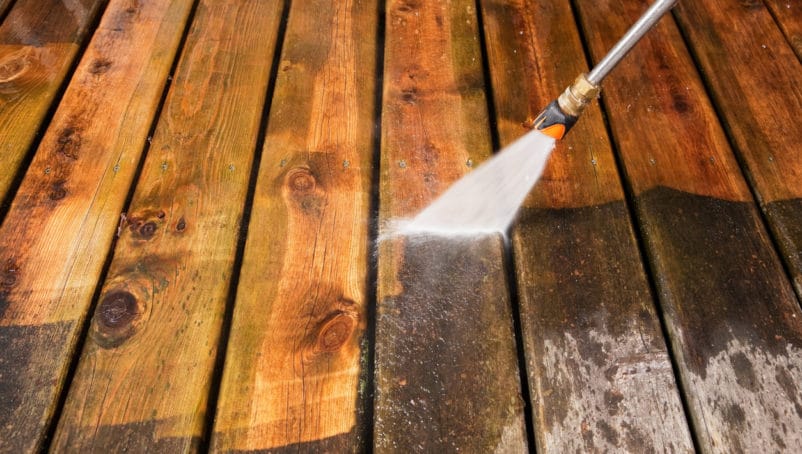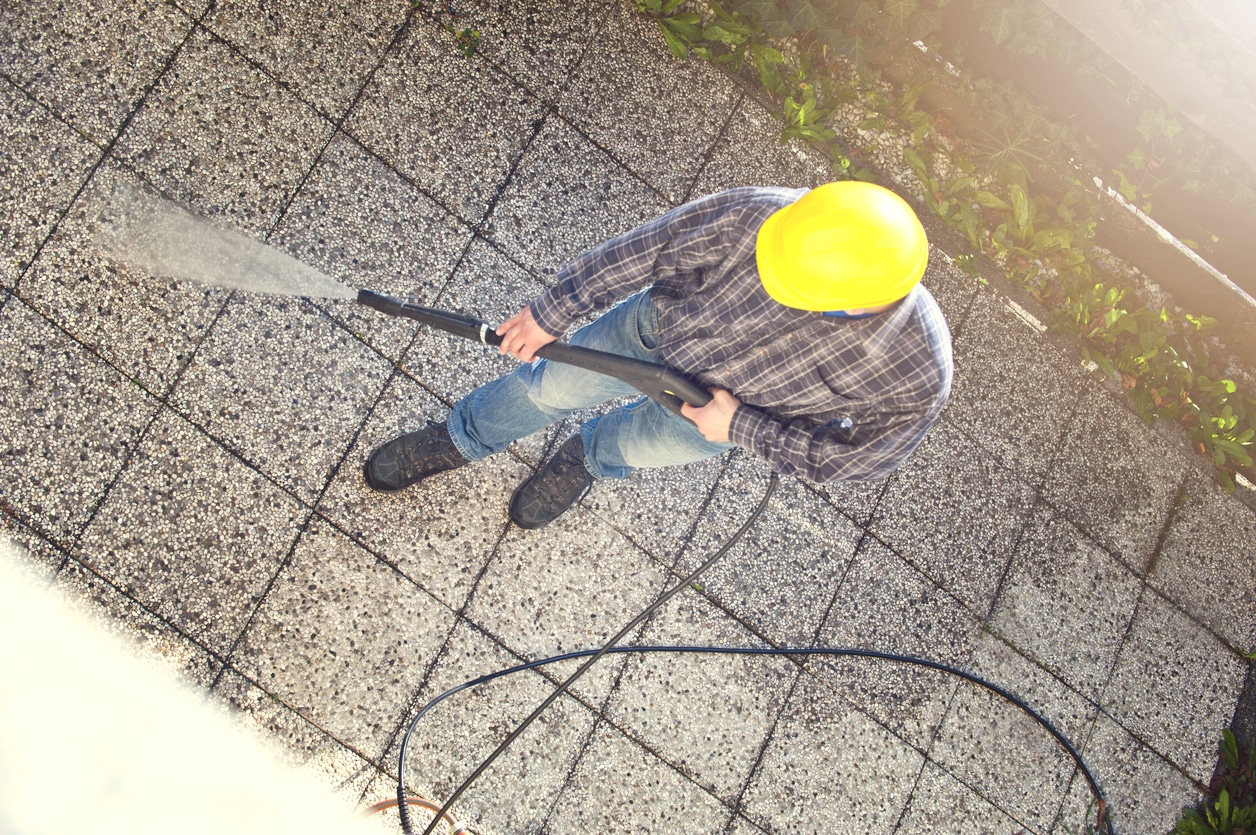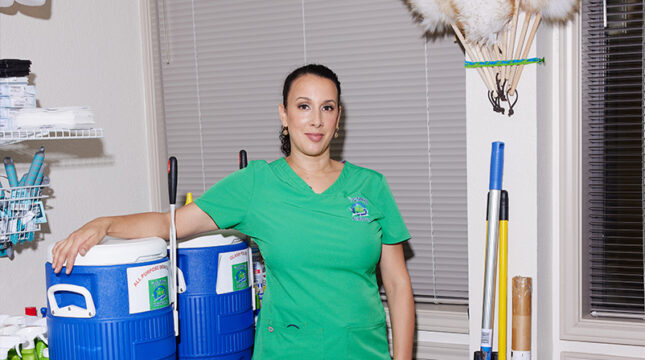Best uses for a pressure washer
A pressure cleaner is the actual machine used in pressure washing. While it might seem like a niche market, the truth is that almost everyone is a potential pressure washing client.
Think of what a pressure cleaner does — with its high-pressure water spray, it is uniquely able to clean large surfaces, effectively removing dirt, dust, mud, grime, stains, salt, mold and even chewing gum.
This makes an electric pressure washer perfect for cleaning:
- Exterior facades of buildings, both residential and commercial
- Sidewalks, stairways, walkways, patios and driveways
- Public spaces like stadiums, open air plazas and parking garages
- Vehicles of all types, including cars, busses, trucks and boats
Using a pressure cleaner is one of the most effective ways to give a building a face-lift at a relatively low cost. It’s also one of the easiest ways to keep properties clean, on a daily, weekly or monthly basis.
Even private homeowners could use a blast from a pressure cleaner every now and then to spruce up their place, and give it a nice new look (which is, of course, also excellent for maintaining property value).
Pressure washing vs. power washing
The main difference with power washing vs. pressure washing is the heat. The jet wash in a power washing machine uses heated water, whereas the water in a pressure washer is not heated.
The advantage of a power washer’s heated water is felt most clearly in tough to clean spaces with serious grime, especially mildew, salt and grease. The heated water makes it easier to clean surfaces — just as it does when doing dishes or washing your hands.
Since it can more easily wash spaces clean, it is the preferred option for jobs where surfaces are heavily soiled that can handle the warmer spray. It is particularly recommended on surfaces, such as concrete or cement, which will not be damaged by power washing.






